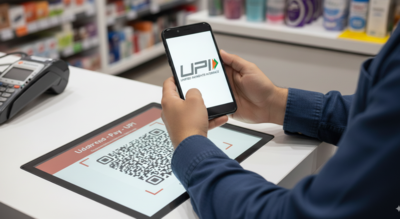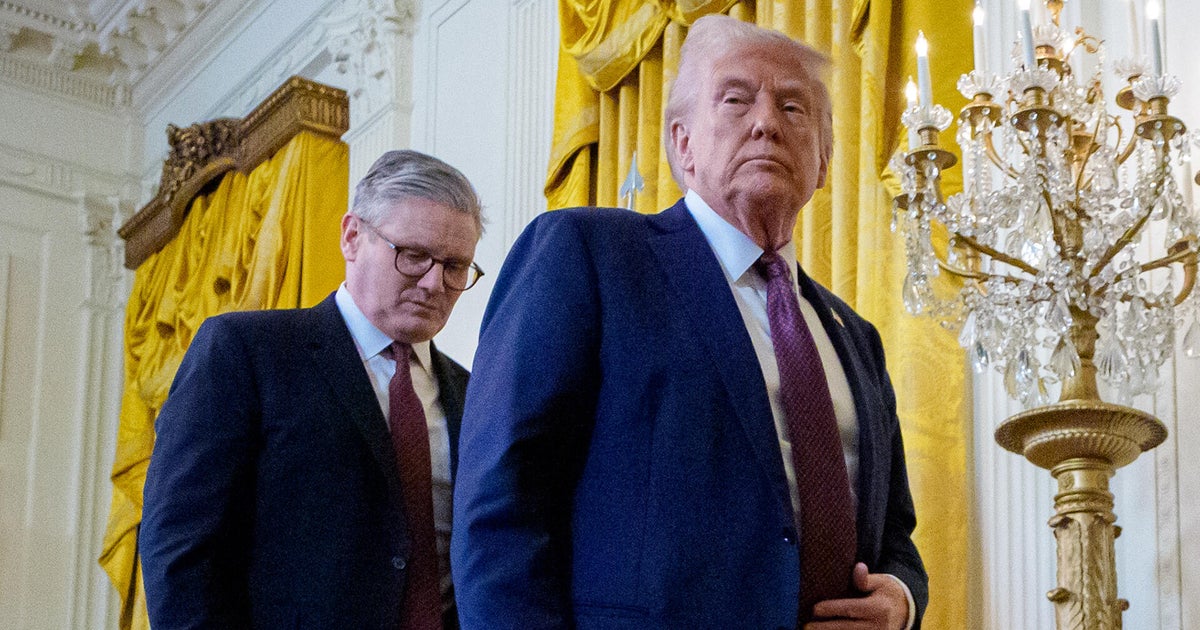
Since 2022, UPI has expanded to the GCC, with Qatar and Oman becoming the latest countries to join/ Representative image
The Unified Payments Interface (UPI) has rapidly gained global attention for revolutionizing digital payments in India, and its expansion is now making waves in the Middle East, especially across the GCC nations.
UPI, which allows for instant and secure transactions across multiple bank accounts, has been rolled out in countries like the UAE, Qatar, Saudi Arabia, and Oman, providing both Indian nationals and tourists with a seamless payment experience.
UPI’s growing footprint: GCC nations join the global network
UPI, a system developed by the National Payments Corporation of India (NPCI), has become one of the most successful fintech innovations, boasting over ₹20 trillion in transactions by September 2024.
Initially launched in India in 2016, UPI has enabled users to send and receive money in real time without sharing sensitive bank account details. As part of its ambitious internationalization strategy, NPCI’s international arm, NPCI International Payments Ltd (NIPL) has been driving UPI's expansion globally, with the goal of making the payment system available in 20 countries by FY29.So far, UPI has been rolled out in 12 countries, including the United States, United Kingdom, Australia, Canada, Singapore, Hong Kong, France, and others.
In the GCC, UPI is currently available in four countries: the UAE, Qatar, Saudi Arabia, and Oman. As more banks provide support, additional countries are expected to join the UPI network soon.Since 2022, UPI has expanded beyond India, initially reaching select Middle Eastern countries. With recent launches in Qatar and Oman, the GCC region is now a key player in UPI’s international growth, offering significant benefits to millions of Non-Resident Indians (NRIs) and Indian tourists.
UAE: A key player in UPI’s Middle Eastern expansion
The UAE became the first country in the Gulf Cooperation Council (GCC) to roll out UPI payments. In 2022, UPI became available via the NeoPay app, enabling Indian expats to link their international mobile numbers and perform transactions without the need for an Indian SIM card. Recently, in 2025, an important update was made, allowing Non-Resident Indians (NRIs) in the UAE to access UPI without the necessity of having an Indian mobile number.
This milestone significantly improved the digital payment experience for the Indian diaspora and tourists in the UAE, offering familiar and convenient payment methods. Notably, UPI payments are accepted across retail outlets, supermarkets, transportation services, and tourist spots like Dubai Mall and Mall of the Emirates. Indian tourists—who make up a significant portion of the UAE's visitors—are expected to reach 5.29 million in 2024 alone.
For them, UPI brings an instant and secure payment solution without the need for cash or international cards, streamlining cross-border transactions.
Oman: Strengthening cross-border remittances
In 2023, Oman became the seventh country to embrace UPI and RuPay, following Singapore, Nepal, the UAE, Bhutan, Malaysia, and France. The launch in Oman was marked by a Memorandum of Understanding (MoU) signed between NPCI, NIPL, and the Central Bank of Oman (CBO) on October 4, 2022.
This collaboration allows for real-time cross-border payments and the use of RuPay cards across Oman's ATM networks, POS terminals, and e-commerce platforms. With a significant number of Indian nationals living and working in Oman, UPI's introduction offers an efficient, cost-effective way for remittances to flow between India and Oman, a crucial feature for Indian expatriates.
Qatar: Enabling seamless payments for Indian tourists
Qatar’s integration of UPI payments began in 2023, allowing Indian tourists and residents to pay at retail outlets, tourist attractions, and other commercial establishments using UPI-powered apps like Google Pay, PhonePe, and Paytm. In July 2024, the National Payments Corporation of India (NPCI) announced a partnership with Qatar National Bank (QNB), marking a major step towards UPI acceptance at QNB’s merchant network.
This partnership ensures that Indian visitors to Qatar can enjoy a familiar and convenient payment experience.Qatar’s tourism industry, which sees a lot of Indian visitors, is about to get even more convenient with UPI payments. On September 16, 2025, Commercial Bank of Qatar teamed up with NPCI International Payments Limited (NIPL) to bring UPI QR code payments to its merchants. This makes paying easier for Indian tourists and strengthens Qatar’s push for a cashless economy.
Saudi Arabia: A step toward seamless cross-border transactions
Saudi Arabia has been another important addition to the UPI network, with NRIs in the kingdom already able to link Saudi (+966) mobile numbers to their Indian bank accounts. This system facilitates cross-border remittances and everyday transactions through the UPI platform. Additionally, Indian expats living in Saudi Arabia can link their international mobile numbers to their NRE/NRO accounts, making it easier for them to use UPI apps such as PhonePe and Google Pay.
How UPI works for NRIs in the GCC
One of the most appealing aspects of UPI for NRIs in the GCC is that it enables them to make transactions without needing an Indian mobile number. By linking an international mobile number to their NRE or NRO account, users can transfer funds to and from their Indian bank accounts through a variety of UPI-enabled apps, including PhonePe, Google Pay, Paytm, and BHIM. Here’s how you can set up UPI with an international mobile number:
- Open an NRE or NRO account with an Indian bank that supports UPI.
- Register your international mobile number with the bank (e.g., +971 for UAE).
- Download a UPI-enabled app such as PhonePe, Google Pay, or Paytm.
- Link your bank account to the app and complete the registration process with OTP or biometric verification.
- Once set up, you can start using UPI for instant money transfers, bill payments, and more, without needing an Indian SIM card.
UPI-powered apps supporting international mobile numbers:
- Federal Bank (FedMobile)
- ICICI Bank (iMobile)
- IndusInd Bank (BHIM Indus Pay)
- South Indian Bank (SIB Mirror+)
- AU Small Finance Bank (BHIM AU)
- BHIM
- PhonePe
Banks supporting international mobile number linkage:
AU Small Finance Bank, Axis Bank, Canara Bank, City Union Bank, DBS Bank Ltd, Equitas Small Finance Bank, Federal Bank, HDFC Bank, ICICI Bank, IDFC First Bank, IndusInd Bank, Kotak Mahindra Bank, Punjab National Bank, South Indian Bank, State Bank of India, Yes Bank.
UPI's global expansion strategy: A vision for the future
NPCI’s international arm, NPCI International Payments Ltd (NIPL), is driving the global expansion of UPI and RuPay. As of September 2025, UPI is live in 12 countries, including major trading partners like Singapore, Australia, the USA, and the UK. NIPL’s partnerships with institutions like QNB and Network International in the Middle East are pushing UPI deeper into global payment systems. With a focus on cross-border remittances and smoother experiences for international travelers, UPI is quickly becoming a key player in global fintech. These collaborations are helping promote India’s digital payments while supporting the growth of real-time payment systems worldwide.

 2 hours ago
5
2 hours ago
5










 English (US) ·
English (US) ·